
Our long-term goals are to define general principles of molecular recognition in the gut and to elucidate mechanisms by which microbial metabolites impact human physiology and health. Using a combination of germ-free mice, bacterial strains isolated from human fecal samples, and massively parallel reporter assays in cell lines and human enteroids, we are interested in “deorphanizing” receptors in the gut, and decoding the logic for ligand detection and discrimination in our intestines. These efforts are expected to enhance our understanding of the pathophysiology underlying many disorders, and to improve human health and quality of life. Read More
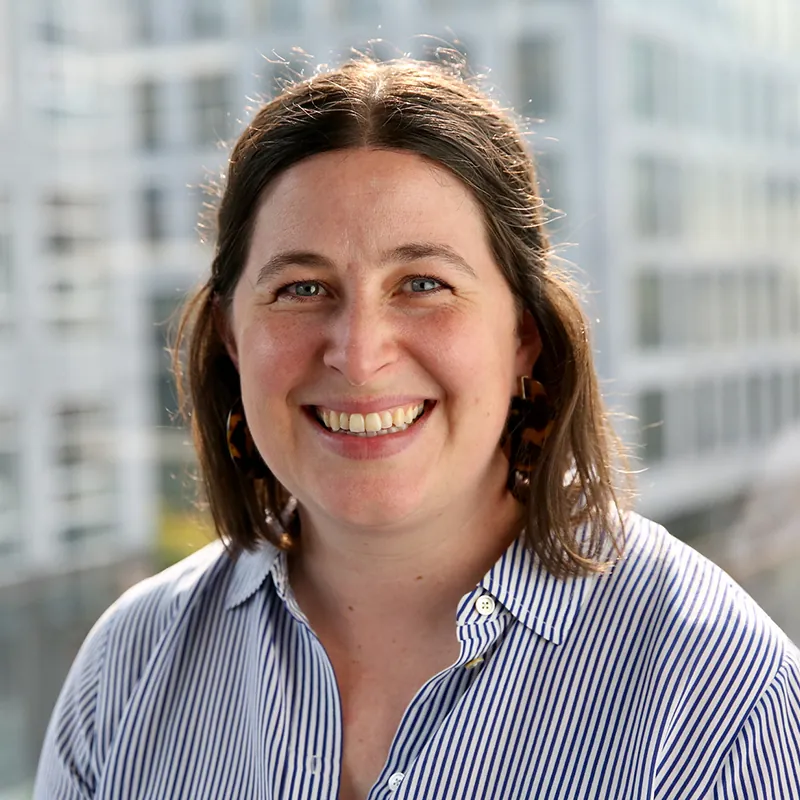
The Kane Lab studies frailty, as a quantitative measure of heterogeneity in health in aging. We are interested in identifying biological determinants of frailty in order to understand more about the molecular underpinnings of frailty and aging, to develop predictive biomarkers of frailty, and to identify targets to delay or prevent frailty. We use a combination of physiological, molecular and computational techniques across mouse models and human datasets. In particualar, we develop and analyze epigenetic, transcriptomic, metabolic, microbiome and functional/physiological data, and use machine learning and AI approaches to identify frailty markers and mechanisms. Read More
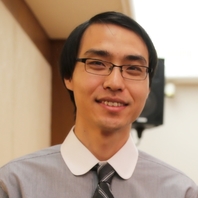
The Wei lab focuses on highly cross-disciplinary research within the realms of molecular and cellular analysis and cancer systems biology. Our areas of focus include the development and implementation of innovative single-cell multi-omics tools and systems-level computational approaches, aimed at unraveling the complexities of tumor heterogeneity and the tumor-immune microenvironment (TME). We are engaged in exploring treatment-induced cell lineage state transition, epigenetic plasticity, and signaling network dynamics, which are key factors in the development of adaptive therapy resistance in cancer. Additionally, our lab is at the forefront of functional precision medicine, utilizing tumor-derived materials from liquid biopsy and needle biopsy samples for predictive cancer diagnostics and immunotherapy. Read More
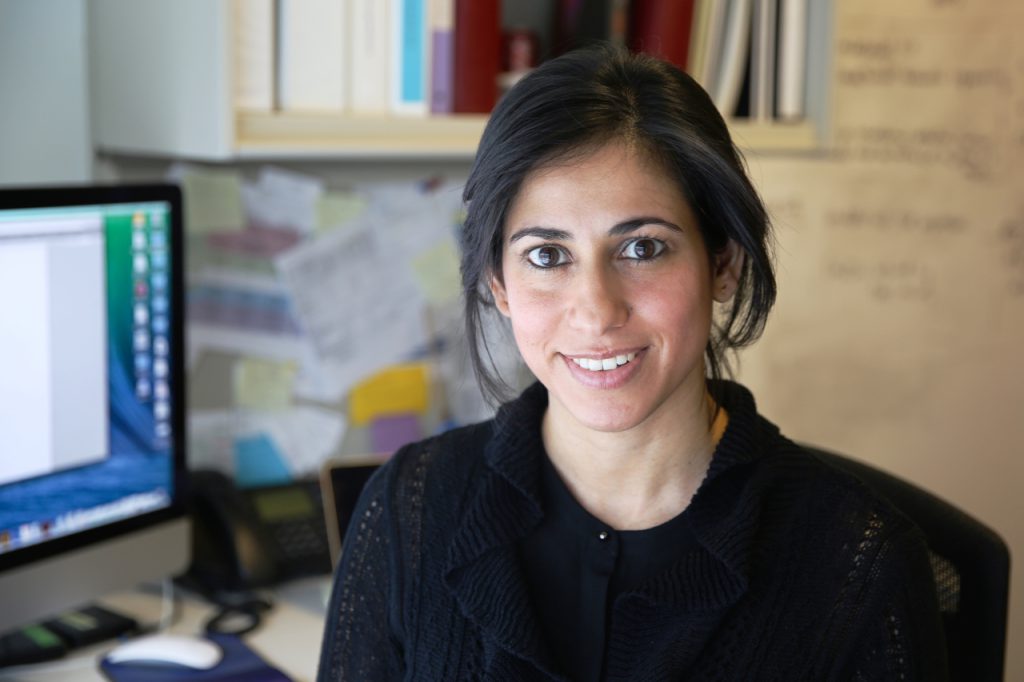
Our lab studies the molecular basis of innate immunity, a primordial antimicrobial defense mechanism that is conserved from invertebrates to higher animals. In particular, we focus on a class of intracellular immune sensors called the NOD-like receptors (NLRs) that play essential roles in host defense against pathogens, but also carry genetic variants that are associated with several human autoinflammatory and autoimmune syndromes. We use an ensemble systems immunology approach involving high-throughput experimental, computational, and engineering tools to investigate NLR signaling and regulation at the transcriptional, post-transcriptional, cellular, and organismal scales in various infectious and complex disease contexts. Read More
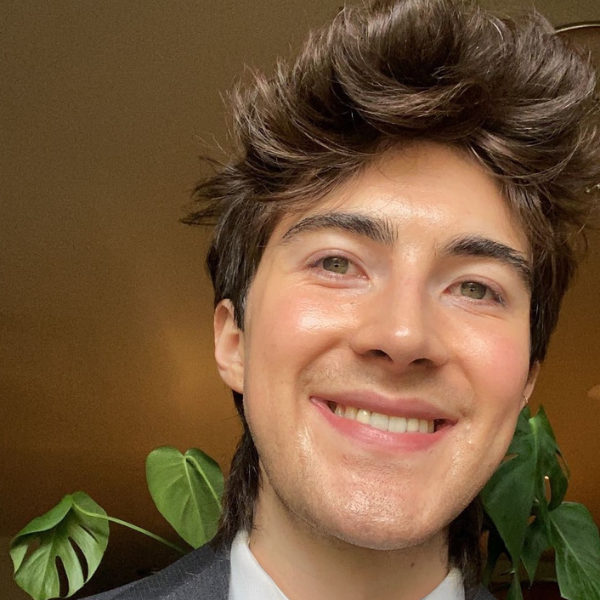
Jacob aims to employ computational and experimental methods to construct comprehensive models of cell and molecular networks. Their goal is to utilize these insights to manipulate the behaviors of biological networks. During their undergraduate studies, they secured an NIH IDeA Networks of Biomedical Research Excellence grant, supporting their investigation into a group A streptococcus (GAS) virulence factor protein. Following graduation, they furthered their GAS research, playing a pivotal role in developing a novel intranasal infection mouse model. A recipient of the UW College of Engineering Dean’s Fellowship, Cavon holds a B.S. Read More

Stephen is interested in using single-cell transcriptomics to characterize synthetic biology systems. During his undergraduate years, he contributed to characterizing initiation factors in the non-canonical translation initiation process (RAN) linked to repeat-expansion disorders. Following graduation, he engaged in gene editing at 2seventy bio. He holds a B.S. in chemical engineering from the University of Michigan. Read More
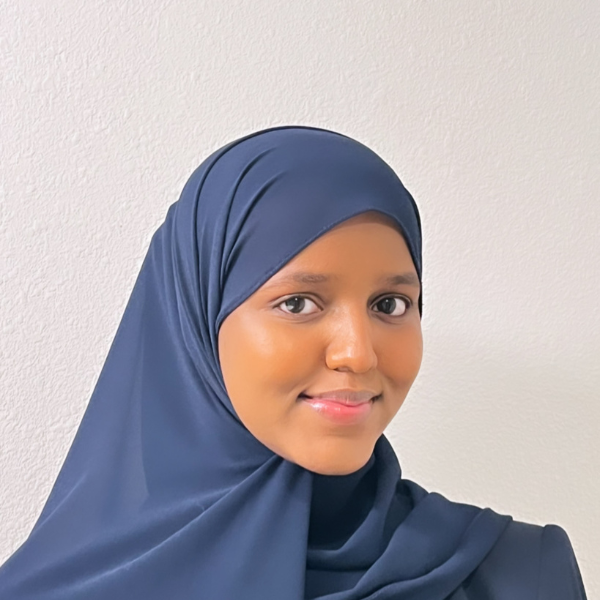
Muna focus is on creating custom proteins that enhance immune responses and have therapeutic potential. She is intrigued by engineering proteins to surpass natural limitations for innovative medical solutions. During her undergraduate studies, she researched the impact of receptor positioning and ligand affinity on cytokine receptor signaling. With a B.S. in molecular, cellular and developmental biology from the UW, she aspires to advance groundbreaking biomedical research. Read More

As a graduate student in Anna Kuchina’s lab at the Institute for Systems Biology, Anika is utilizing microbial split-pool ligation transcriptomics to study host-pathogen interactions. Transcriptomic analyses of single bacterial cells allow for high-resolution profiling of gene expression within systems where bacteria may act and exist as both a host for bacteriophages and pathogens against eukaryotic cells. Anika received her B.S. in Biochemistry from the University of Wisconsin-Madison and enjoys hiking, road biking, and dancing in her free time. Read More
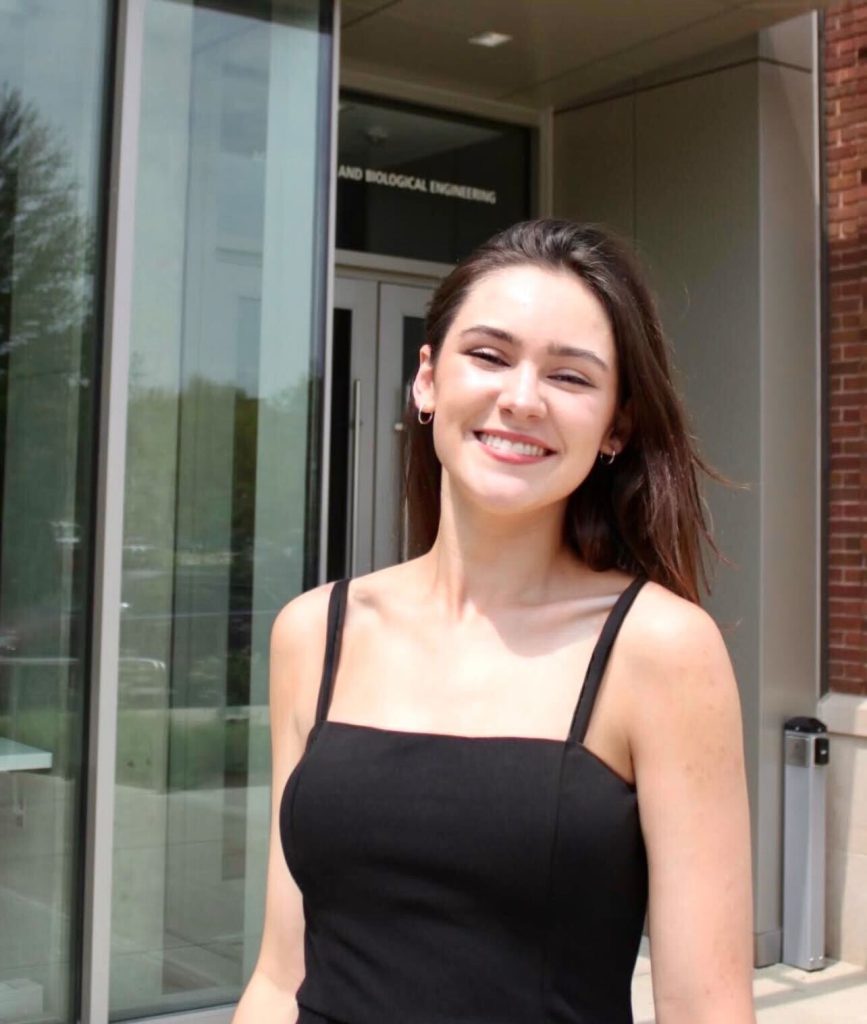
Alyssa is a graduate student co-advised in Dr. Sean Gibbon’s microbial ecology lab at the Institute for Systems Biology and Dr. Abbie Schindler’s trauma and stress lab at VA Puget Sound. She is using data science to study the molecular gut-brain axis and how this system is impacted by trauma, stress, and aging. She is an NIH T32 Fellow in the University of Washington Alzheimer’s Disease Training Program. Alyssa holds a B.S. in Biological Engineering with a concentration in Cellular and Biomolecular Engineering from Purdue University. Read More
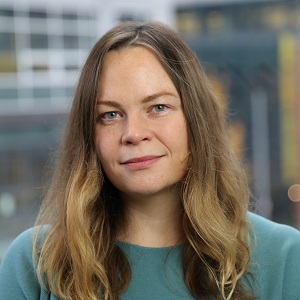
Kuchina lab research interests lie in the development and application of high-resolution technologies toward understanding the single-cell biology of bacteria within complex samples such as biofilms, and in challenging environments such as the human host. We develop and apply single-cell genomic tools for unbiased, high-throughput expression profiling of bacterial consortia. Our custom technology based on combinatorial barcoding is scalable, versatile, and customizable for use in various settings including the host-pathogen interface, environmental microbial communities, or the bioengineered bacterial consortia used for biomanufacturing. Read More